3 of
You are browsing the full text of the article: Sister Barbara
Click here to go back to the list of articles for
Issue:
Volume: 1 of Blue Review
| Blue Review Volume 1 Issue: 3 July 1913 Page: 153 | ||||||||||||||||||||||||||||||
| Sister Barbara By Gilbert Cannan | ||||||||||||||||||||||||||||||
|
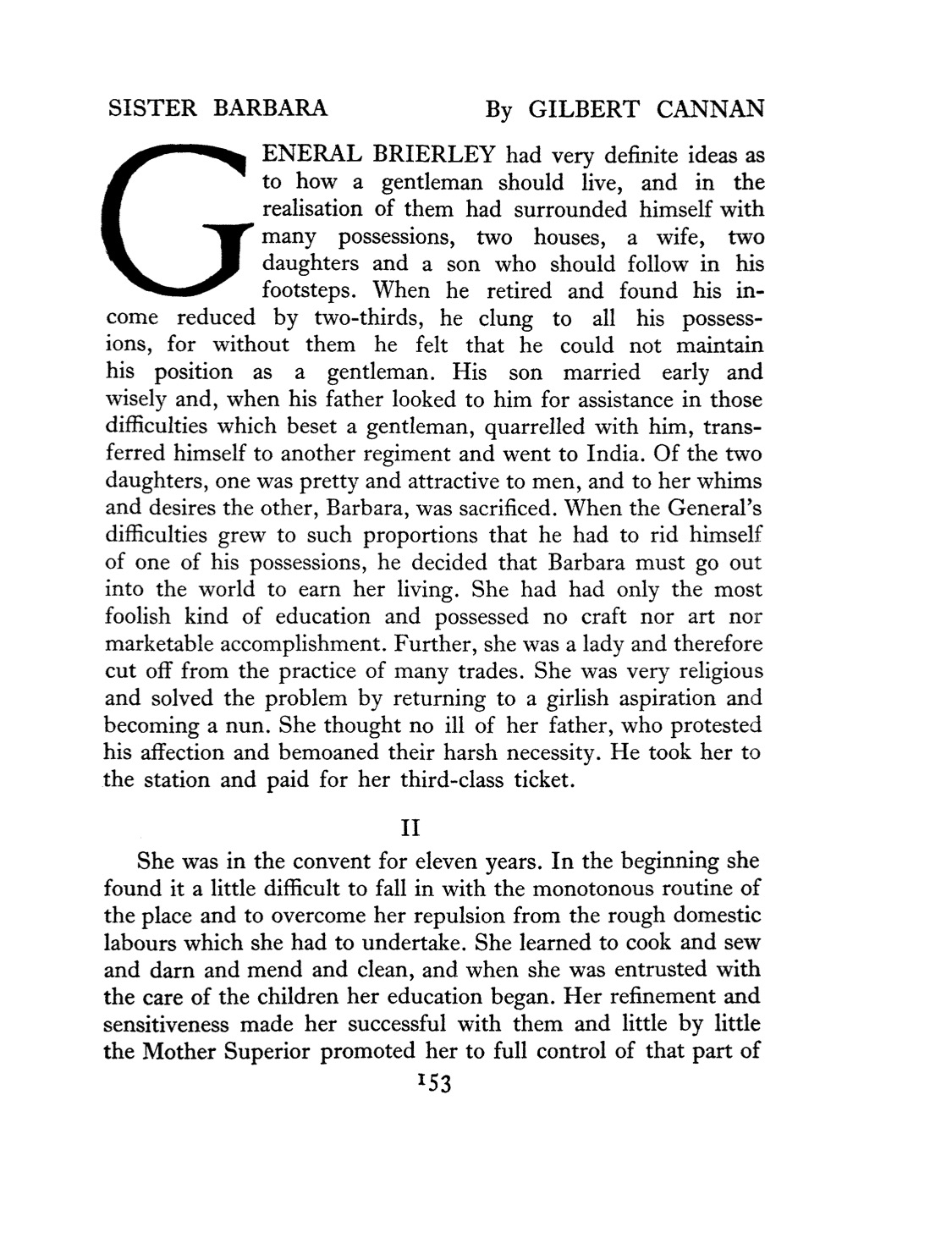
|
|
||||||||||||||||||||||||||||
| Blue Review Volume 1 Issue: 3 July 1913 Page: 154 | ||||||||||||||||||||||||||
| Sister Barbara By Gilbert Cannan | ||||||||||||||||||||||||||
|
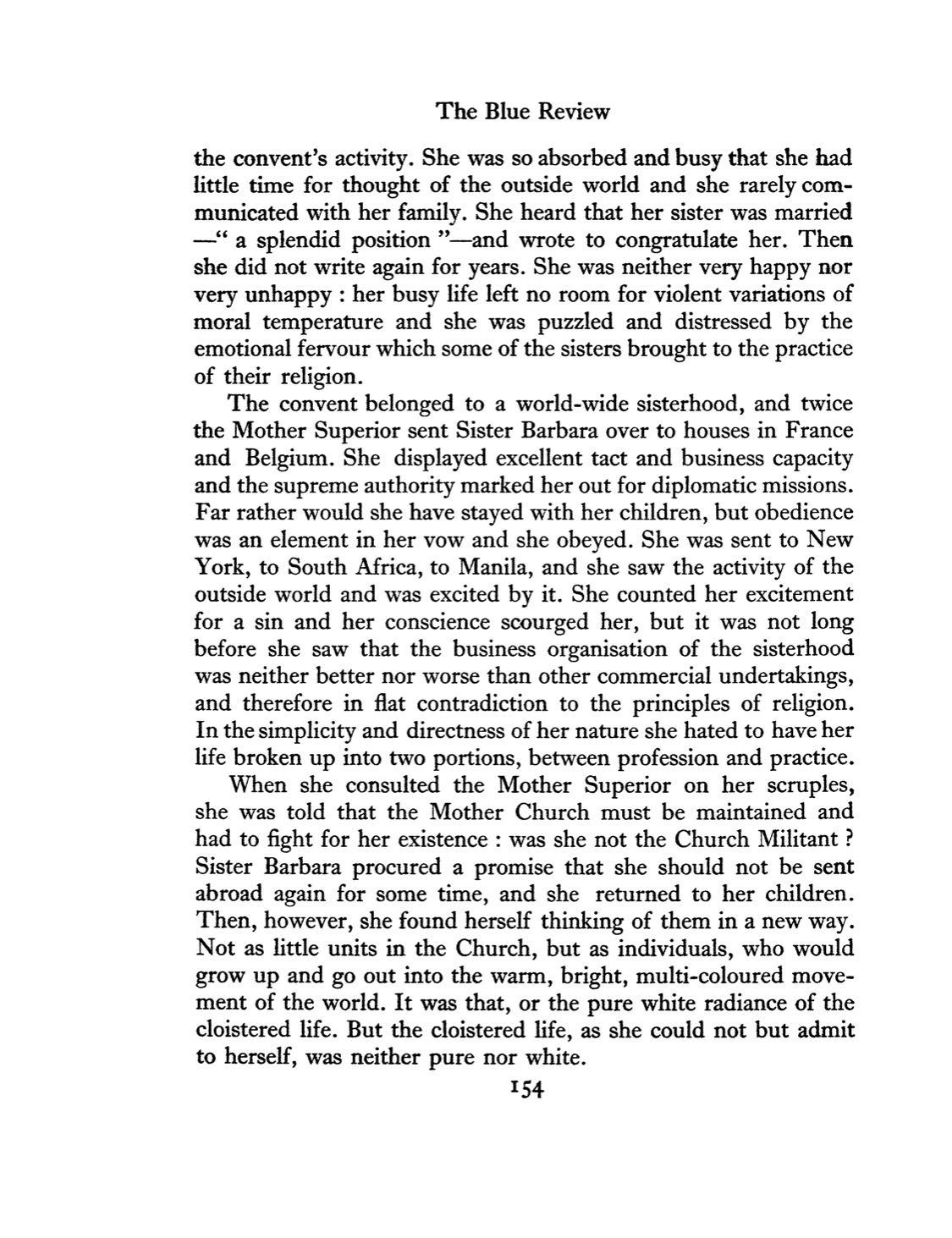
|
|
||||||||||||||||||||||||
| Blue Review Volume 1 Issue: 3 July 1913 Page: 155 | ||||||||||||||||||||||||||
| Sister Barbara By Gilbert Cannan | ||||||||||||||||||||||||||
|
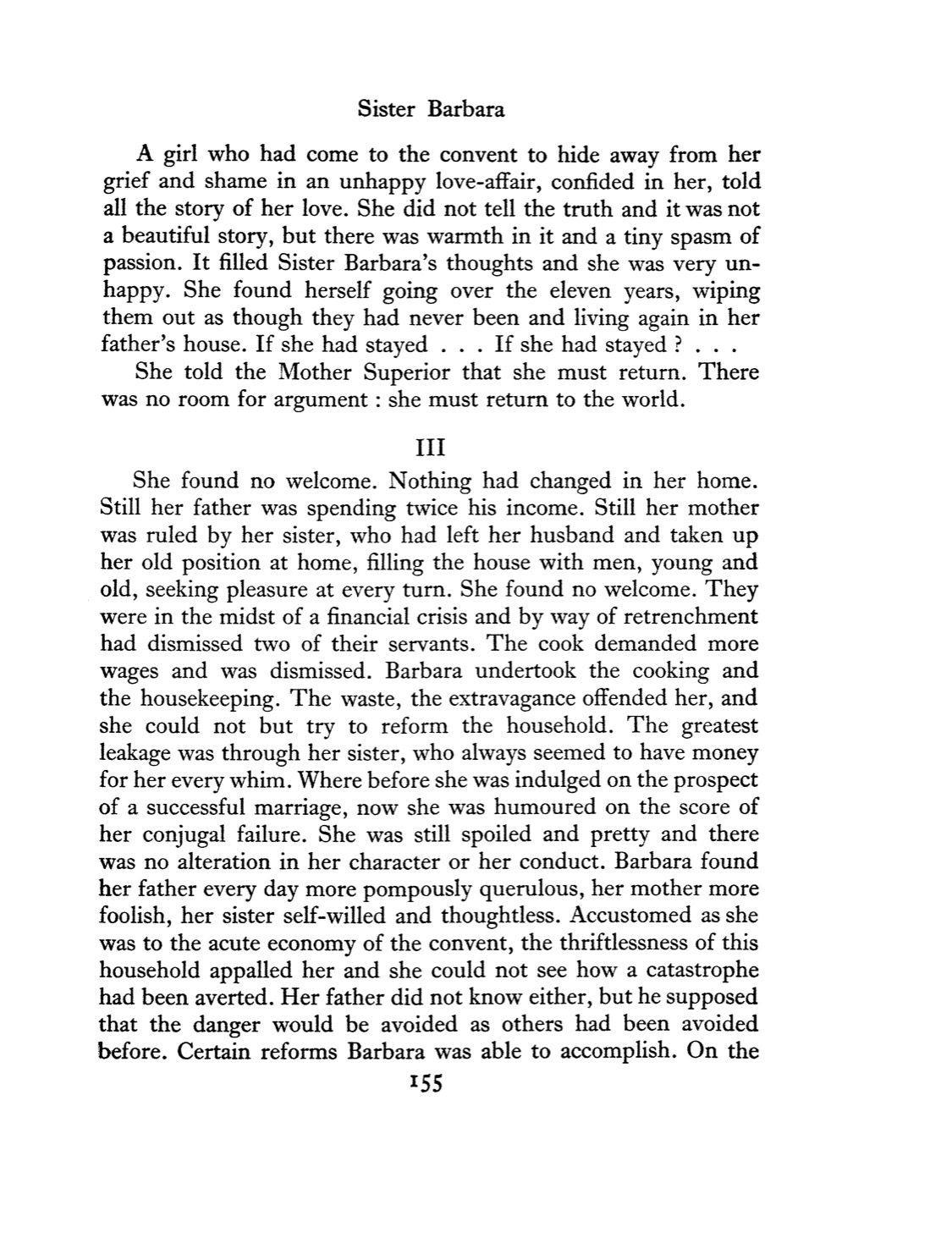
|
|
||||||||||||||||||||||||
| Blue Review Volume 1 Issue: 3 July 1913 Page: 156 | ||||||||||||||||||||||||||
| Sister Barbara By Gilbert Cannan | ||||||||||||||||||||||||||
|
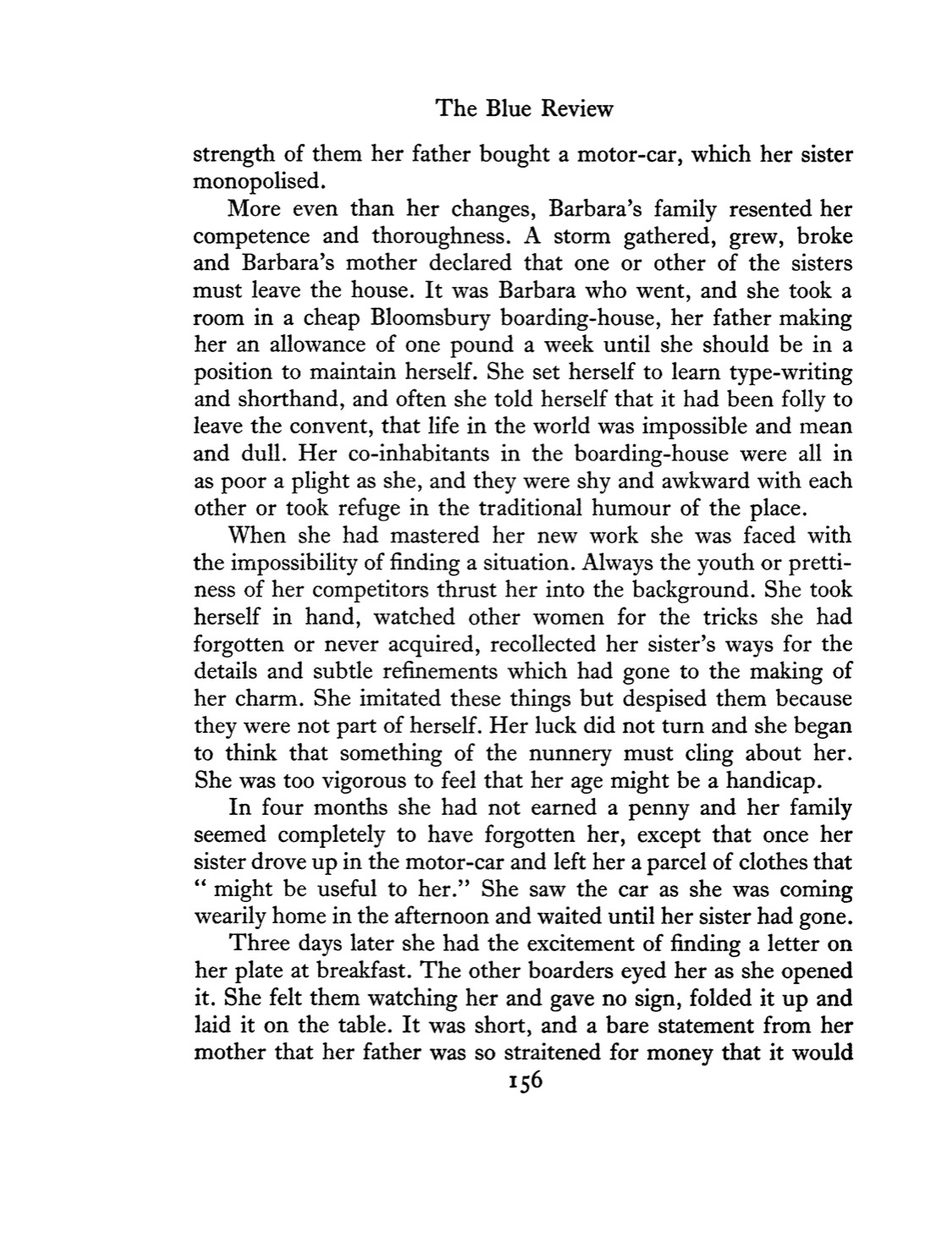
|
|
||||||||||||||||||||||||
| Blue Review Volume 1 Issue: 3 July 1913 Page: 157 | ||||||||||||||||||||||||||
| Sister Barbara By Gilbert Cannan | ||||||||||||||||||||||||||
|
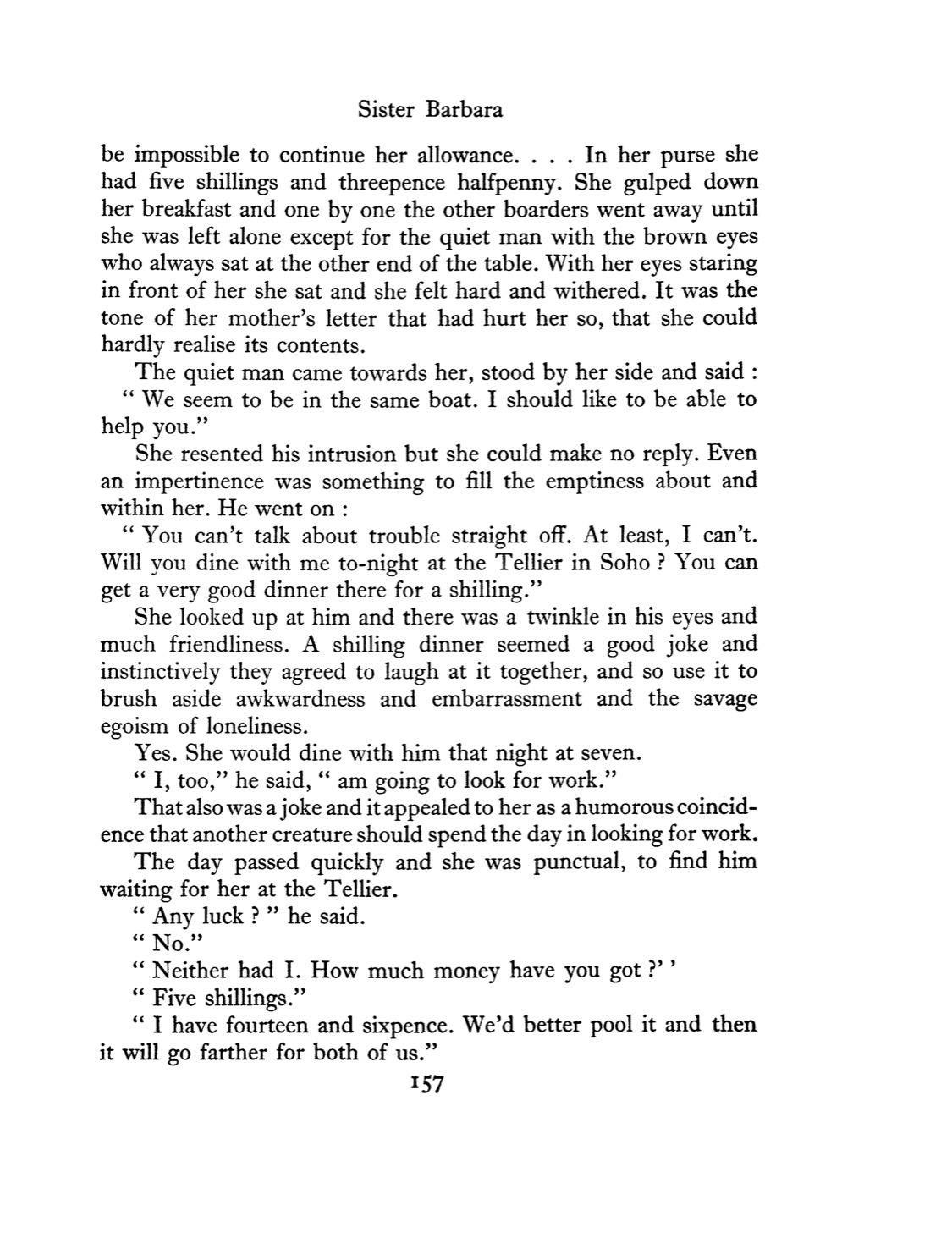
|
|
||||||||||||||||||||||||
| Blue Review Volume 1 Issue: 3 July 1913 Page: 158 | ||||||||||||||||||||||||||
| Sister Barbara By Gilbert Cannan | ||||||||||||||||||||||||||
|
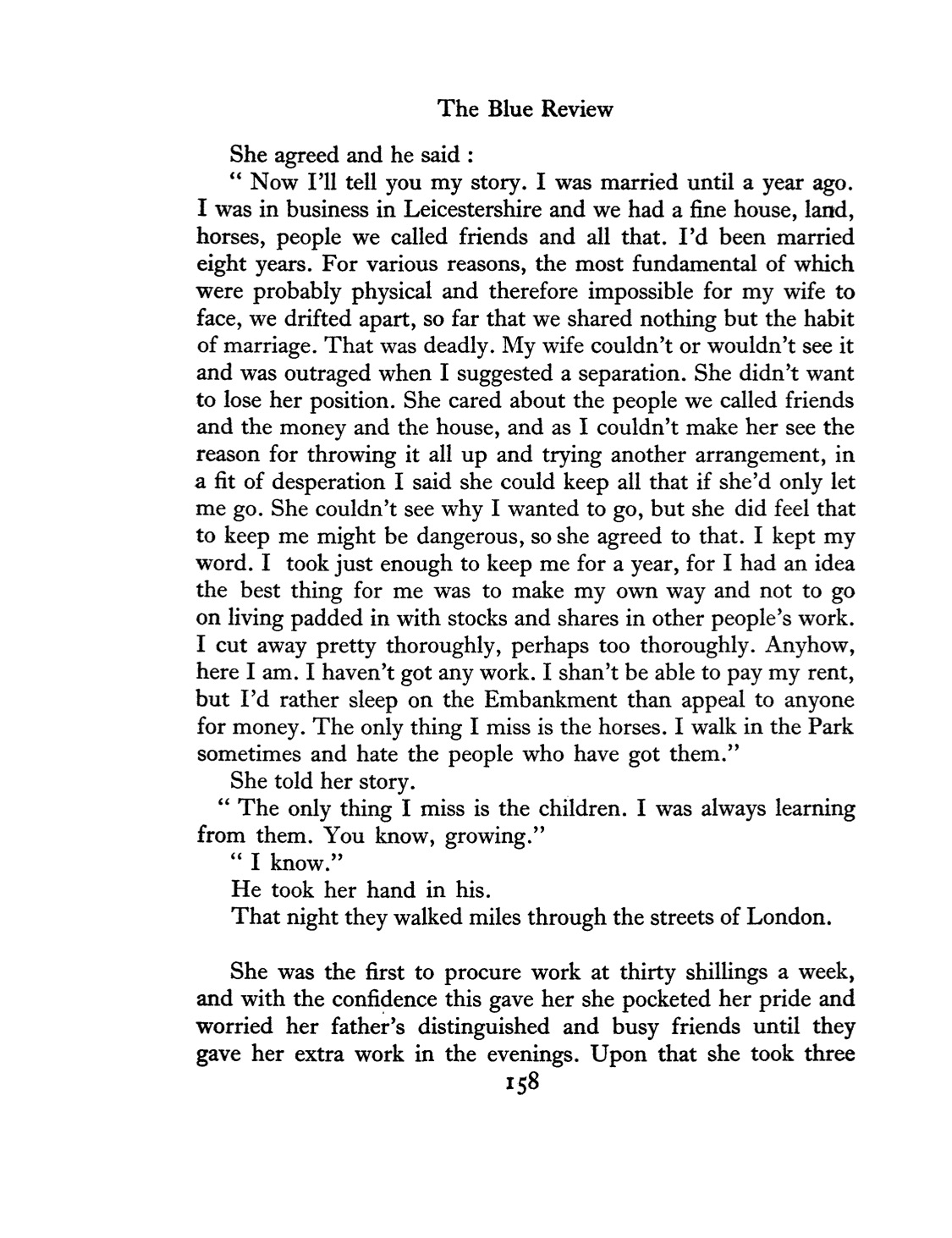
|
|
||||||||||||||||||||||||
| Blue Review Volume 1 Issue: 3 July 1913 Page: 159 | ||||||||||||||||||||||||||
| Sister Barbara By Gilbert Cannan | ||||||||||||||||||||||||||
|
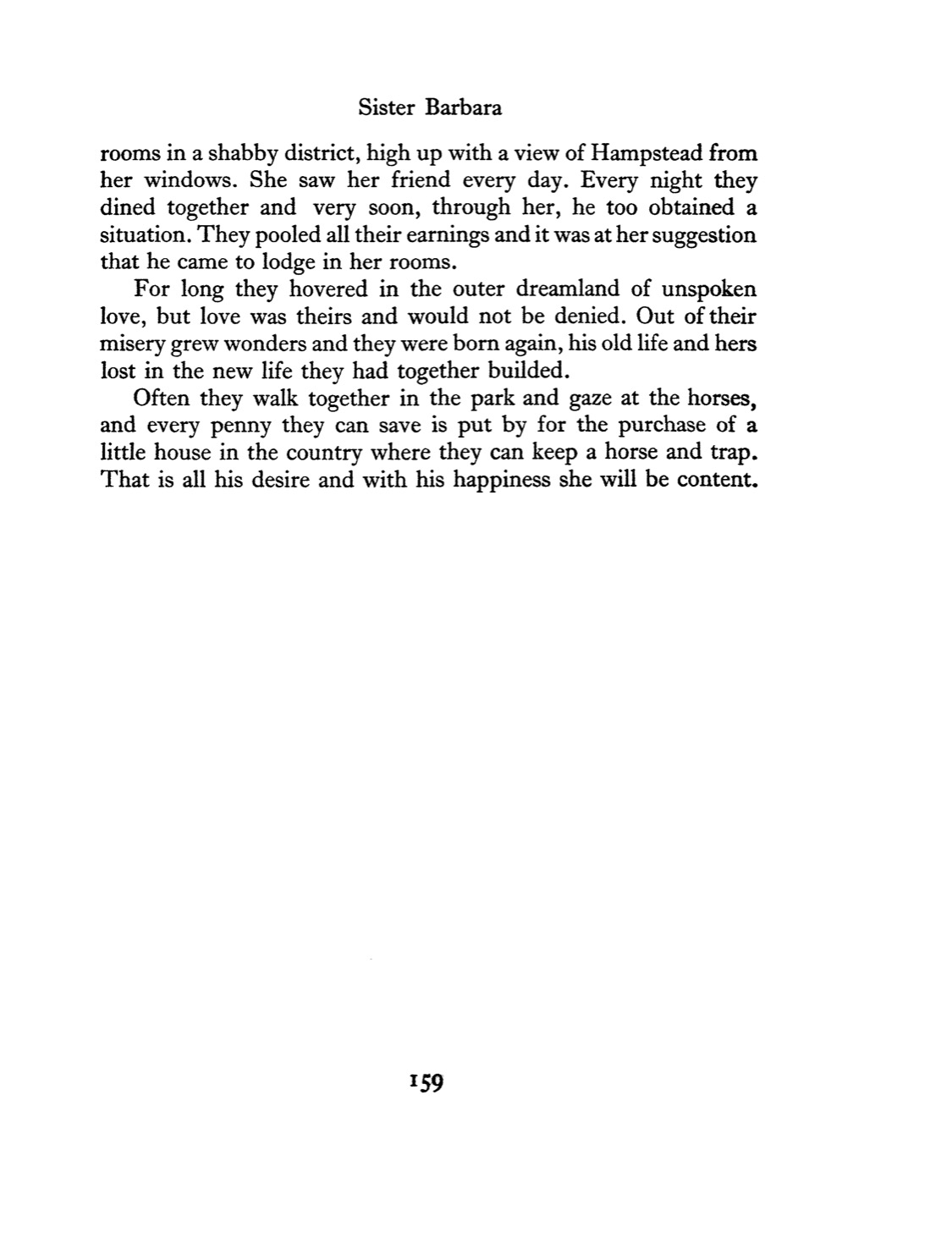
|
|
||||||||||||||||||||||||






